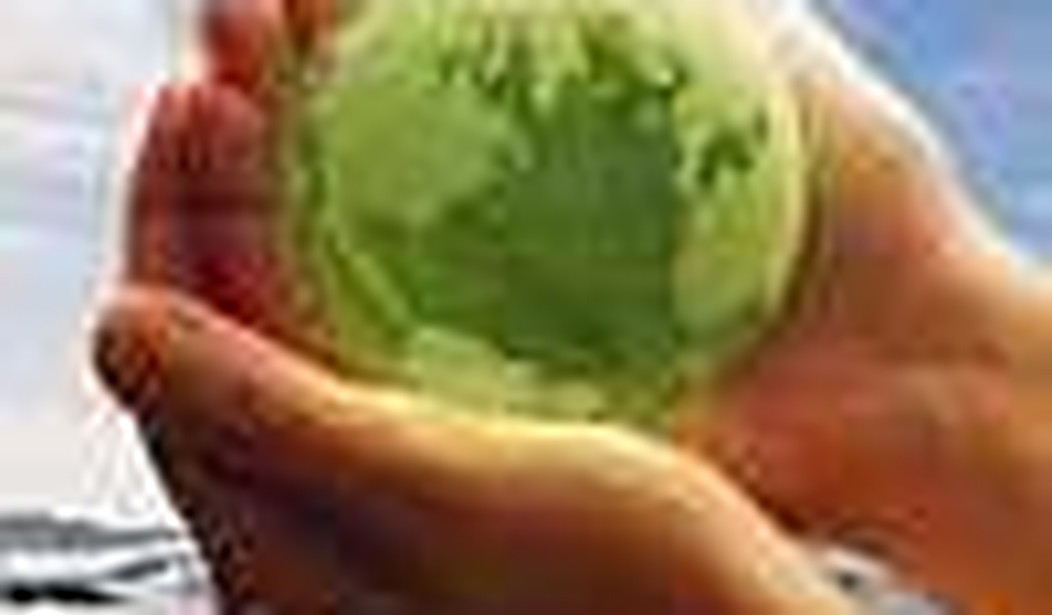A few weeks ago, the results of a BBC Wildlife Magazine survey on kids and nature caused a stir in the British press. The survey found that less than half of those who took the test could identify common birds, insects and plants and that most of them would rather spend time on the computer or with friends than go for a walk outdoors.
Documentary maker Sir David Attenborough (writer and narrator for the BBC’s excellent Planet Earth documentary) worried about the implications for future conservation efforts, saying “nobody is going to protect the natural world unless they understand it.” Fergus Collins of the BBC agreed, asking “if we can’t spark an interest in nature when our children are young, how can we expect them to look after the planet and its wildlife when they are adults?”
In a sense, I can sympathize with the kids who took the test. By virtue of my age, I’ve spent a lot more time with nature, and I’m not sure I could tell a bluebell from any other blue flower, and I’m terrible at identifying the song of any bird that’s not a chickadee, cardinal or a crow. At first blush, this story seems like one we’ve heard many times before — children aren’t spending enough time outdoors, they’re spending too much time in front of television, video games and the computer. Normally, the parents play the role of villain in these stories. What’s interesting about this article, however, is not the findings of the study, but who is being blamed.
According to the article, some are pointing fingers not just at over-protective parents, but at conservationists who fear children will damage the environment. Quoted in the article is Dr Martin Maudsley, play development officer for Playwork Partnerships, at the University of Gloucestershire, who says that “environmental sensitivities should not be prioritized over children.”
To be fair to the conservationists, they do have a point. Children tend to cause destruction in whatever environment they inhabit. I have a two-year-old daughter who loves the outdoors. When she wanders around in our backyard, she picks flowers, stomps on garden plants and pulls leaves off budding trees despite our best attempts to limit the damage. While her behavior is destructive, it’s not malicious — most of these “offenses” to the environment are a result of simple exploration. She’s two and doesn’t know that pulling on a particular flower will result in its death, or that stepping on plants is a bad thing. If conservationists are preventing kids from exploring wild spaces in an attempt to protect them, they are engaged in some potentially harmful short-term thinking. By attempting to “protect” nature from kids, they are creating an entire generation that has no connection to the natural world.
In the short term, my daughter’s actions are destructive to the immediate environment, to the dismay of my wife, who is the green thumb in the house. However, it’s clear my daughter’s need to touch and interact with the environment is a result of her love and connection with the outdoors. She is never happier than when she’s running around in the yard, running her hand over a leaf, or playing among the flowers.
Studies have shown that interaction with nature is important not just to a child’s understanding and appreciation of the environment, but to their physical and emotional development. Children who spend time in nature do better on tests, have better motor development skills, less stress and are more imaginative.
In addition, as Attenborough and Collins have indicated, people who develop a connection to nature as children are more likely to support policies that protect the environment when they reach adulthood. Environmentalists should be aware, though, that this does not give them license to simply lecture kids about nature. Richard Louv, author of Last Child in the Woods, which explores connections between lack of exposure to nature and increased rates of obesity, attention disorders, and depression, says adults should beware of focusing too much on issues like global warming. He says “If we emphasize environmental destruction at too early an age in the absence of a joyful experience, we are setting up kids to associate nature with the end of things and fear and disaster. That’s important, but we also need to emphasize the positive that nature plays simply by being there.”
Fortunately, that lesson is being learned. In Canada and the United States, government officials are working to make playgrounds and public places greener in an attempt to expose children to little touches of nature. As the father of a child who is learning just how important that exposure is, those actions are laudable and appreciated.
I’ll wager that the time my daughter spends “destroying” nature will give her a stronger bond to the environment than can be gained through the hectoring lectures of “conservationists” who want to shut off nature from those who wish to enjoy it or scare kids with stories of environmental destruction. Our flower garden may suffer, but flowers grow back. My daughter will never get a second chance to be a child.









Join the conversation as a VIP Member